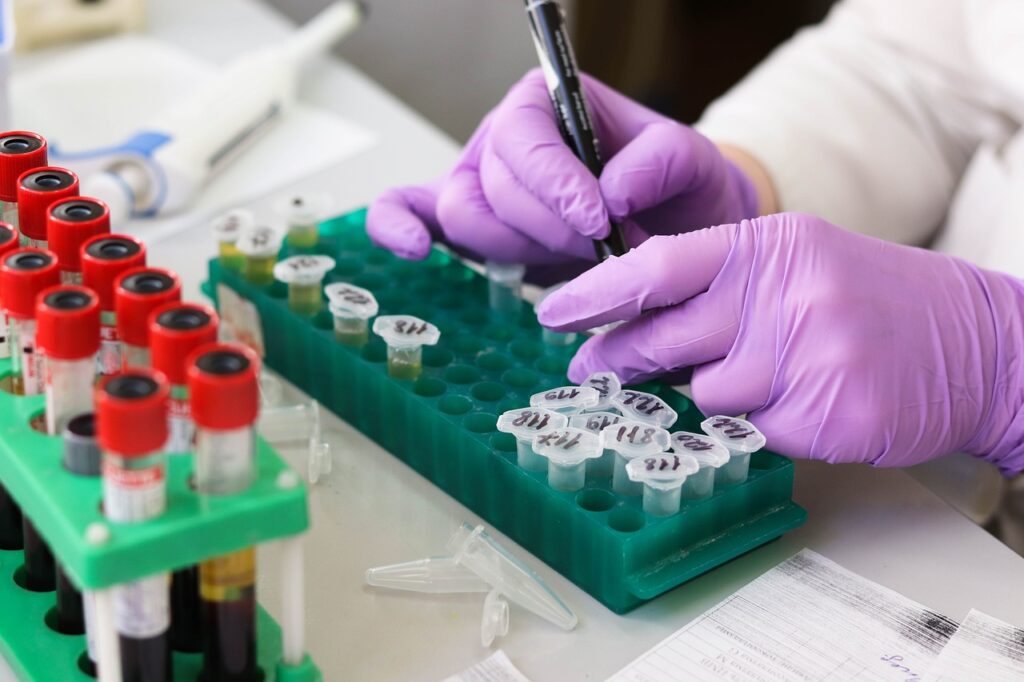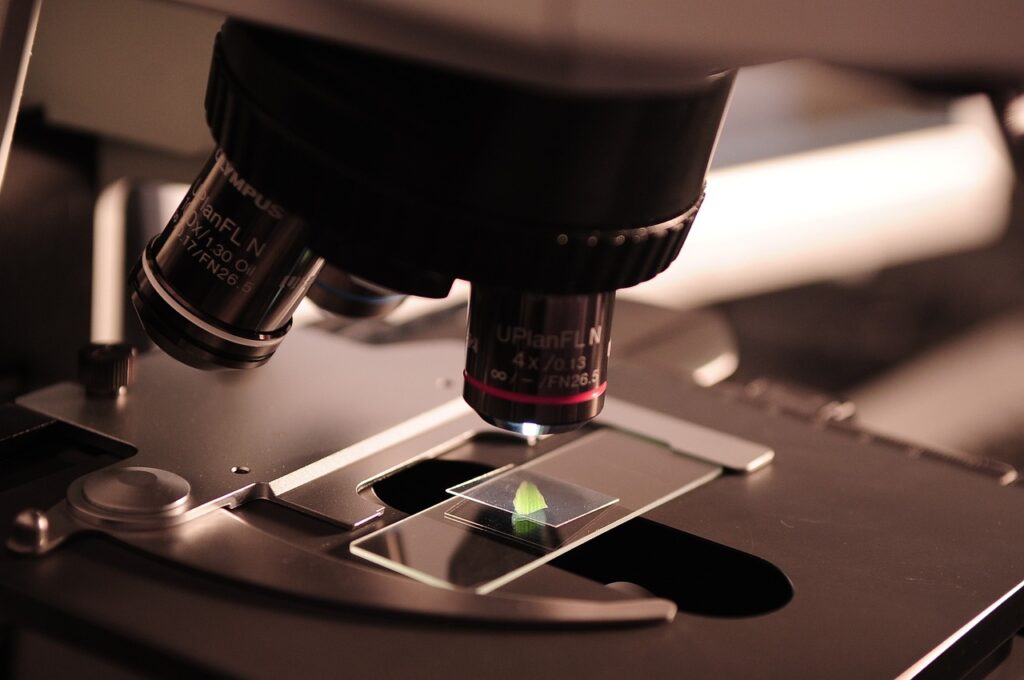The laboratory is a state-of-the-art facility dedicated to providing accurate, timely, and comprehensive diagnostic testing and analysis essential for patient care and medical research. Our laboratory plays a crucial role in supporting healthcare professionals in diagnosing diseases, monitoring treatments, and ensuring the well-being of our patients.
What is a laboratory?
A laboratory is a facility that provides controlled conditions in which scientific or technological research, experiments, and measurement may be performed. Laboratories used for scientific research are usually designed to be sterile and free from contamination.
What happens in a laboratory?
In a laboratory, scientists and technicians conduct experiments to test hypotheses and develop new theories. They also use laboratories to measure and analyze samples, and to prepare materials for further study.
What are the different types of laboratories?
There are many different types of laboratories, each of which is designed for a specific purpose. Some common types of laboratories include:
- Clinical laboratories: These laboratories are used to test blood, tissue, and other bodily fluids for the presence of disease.
- Research laboratories: These laboratories are used to conduct scientific research on a variety of topics, including biology, chemistry, and physics.
- Industrial laboratories: These laboratories are used to develop and test new products and processes.
What are the benefits of laboratories?
Laboratories are essential for scientific research and development. They provide a safe and controlled environment in which scientists can conduct experiments and make new discoveries. Laboratories also play an important role in the development of new products and processes, and in the diagnosis and treatment of disease.

Why is it important to have a good laboratory?
A good laboratory is essential for conducting high-quality scientific research. It should be well-equipped with the latest tools and technology, and it should be staffed by trained and experienced scientists and technicians. A good laboratory should also have a culture of safety and quality, and it should be committed to conducting ethical research.
Key Features and Services:
- Diagnostic Testing: Our laboratory offers a wide array of diagnostic tests and screenings, including blood tests, urine analysis, microbiology, pathology, genetic testing, imaging analysis, and specialized tests for various medical conditions.
- Cutting-Edge Technology: Equipped with advanced instrumentation, automated systems, and modern laboratory equipment, we ensure precise and reliable test results while adhering to the highest quality standards.
- Experienced Professionals: Our team comprises highly skilled laboratory technicians, pathologists, scientists, and support staff who are dedicated to conducting tests with accuracy and efficiency.
- Specialized Units: We have specialized units within the laboratory, including hematology, clinical chemistry, immunology, molecular diagnostics, cytology, and more, addressing a wide spectrum of healthcare needs.
Quality and Safety Measures:
- Quality Assurance: We follow stringent quality control measures and adhere to regulatory standards to ensure the accuracy and reliability of test results.
- Safety Protocols: The laboratory maintains strict safety protocols, including the proper handling and disposal of hazardous materials, to ensure the safety of both patients and laboratory staff.
- Accreditation and Compliance: Our laboratory maintains accreditation and compliance with industry standards and regulatory bodies to provide the highest level of quality and safety in diagnostic testing.

